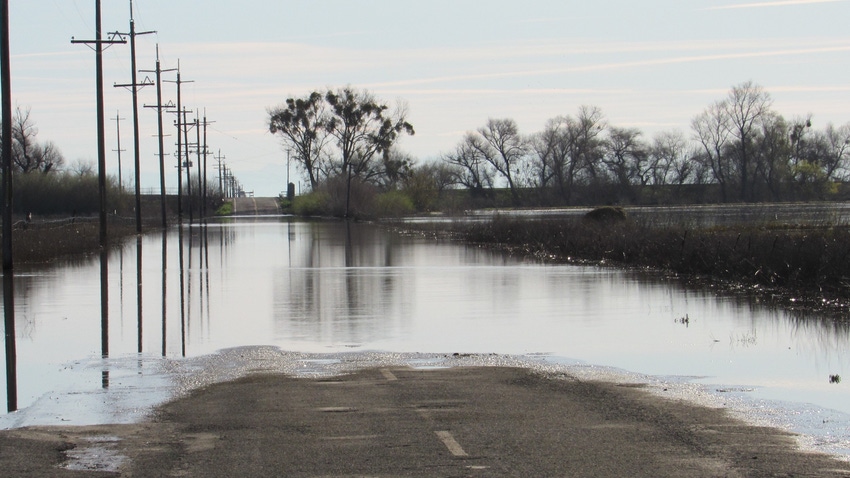
*This is the ninth article in our 2024 Southwest Economic Outlook series. Hear from Oklahoma State University and OSU Extension Service, and Texas A&M University and TAMU AgriLife Extension Service economists about the 2024 outlook.

While another year has drawn to a close, the legal issues surrounding the definition of “Waters of the United States” are not. Once again, we are here to offer you an update on the WOTUS definition and the litigation and rulemaking surrounding this area of the law.
WOTUS background
The federal Clean Water Act was passed in 1972 and gives federal jurisdiction over “waters of the United States (WOTUS)” to the Environmental Protection Agency (EPA) and US Army Corps of Engineers (the Corps). Landowners who have WOTUS on their property are required to obtain federal permits before undertaking many activities such as discharging a point source pollutant or moving dirt. The Act did not, however, define the meaning of “waters of the United States.” As a result, over fifty years of disagreements followed (and a lot of lawyers made money to send their children to college). In addition to several significant court decisions, there have been several attempts by the EPA and Corps to promulgate a WOTUS definition, all of which were met with legal challenges.
Biden WOTUS rule
On Dec. 30, 2022, the Biden EPA released its WOTUS definition, which was published in the Federal Register on Jan. 18, 2023. Numerous lawsuits were filed challenging this rule, and because of injunctions, it only went into effect in about half of the states in March 2023. (To hear more about the Biden Rule, read this blog post and listen to this podcast episode with Jim Bradbury.)
Supreme Court Decides Sackett v. EPA
In May, the U.S. Supreme Court decided Sackett v. EPA, holding that the “significant nexus” test was not the proper method to determine jurisdiction under the Clean Water Act. Instead, the Court held that wetlands are jurisdictional only when they are “as a practical matter indistinguishable from waters of the United States.” In other words, a “continuous surface connection” between the wetland and jurisdictional water is required. Additionally, it appears that a majority of the justices also agree that to qualify as a WOTUS, a water must be a “relatively permanent body of water.” .” (For a more detailed breakdown of this Opinion, read this blog post and listen to this podcast episode with Jesse Richardson and Anthony Schutz.)
Revised Biden rule
In light of the Sackett decision, the EPA and Corps revised their WOTUS definition to remove all reference to the significant nexus test, to limit jurisdiction to relatively permanent bodies of water, and to require a continuous surface connection between a jurisdictional water and wetland. The revised rule was released on September 8, 2023. Importantly, the agencies did not hold a notice and comment period, explaining that the Supreme Court opinion did not offer the agencies discretion to do anything but write the rule as they did.(To read a detailed review of the revised rule, read this blog post.)
WOTUS Lawsuits
Several lawsuits remain pending challenging the revised Biden rule. The lawsuits generally challenge both the content of the rule, as well as the procedure by which the rule was revised without notice and comment rulemaking. Importantly, the revised rule has not gone into effect in the states where there is an injunction prohibiting the rule pending litigation, which includes about half the states in the country.
What happens next?
After nearly 10 years of writing on this topic, it seems we can confidently offer only two predictions: (1) lawsuits will continue; and (2) we will still be writing about the WOTUS definition in 2024.
Read more about:
WOTUSAbout the Author(s)
You May Also Like




